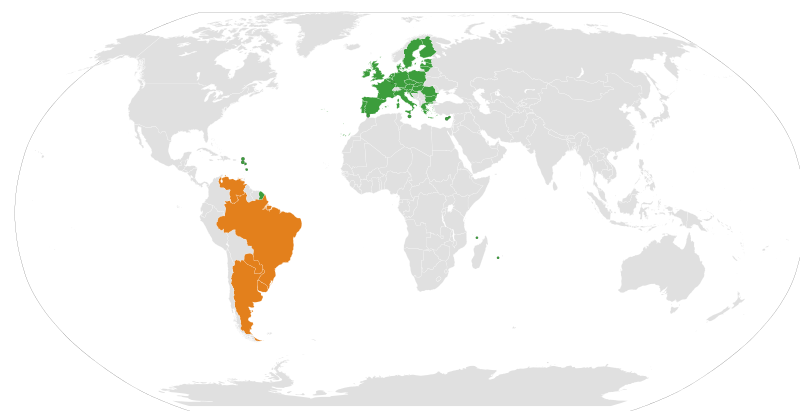In Robert Wade’s latest letter to the Financial Times (published 20 August), he argues for broader capital ownership to curb inequality – a move he believes could appeal to the whole UK political spectrum.

Sir, Chris Giles may be correct that the evidence linking higher income inequality to slower growth is not robust (“Inequality is unjust — it is not bad for growth”, August 19. See excerpt below).
But suppose we agree that US and UK levels of inequality should be curbed for reasons of “inequality’s manifest injustice” and of the social and health problems associated with more unequal societies. What to do? Mr Giles gives a list of only too familiar nostrums. How about getting the profit share to support a more equal personal income distribution?
Disparity of income is both a virtue and a vice. The virtue of providing rewards for effort and generating economic growth must be balanced against the vice of inequality’s manifest injustice. Riches derived through good fortune, good parents or being born at a good time are far from easy to defend. The problem for society and governments is to determine an acceptable degree of redistribution, balancing the remaining inequality with the blunted incentives from higher taxes and benefits. Or so we thought.
The past two years have witnessed huge growth in the industry of academic research rejecting this trade-off. Lower inequality boosts growth, its advocates claim, so countries really can have more redistribution, a narrower gap between rich and poor, alongside more sustained economic expansion.
Leading the charge towards the new consensus are two somewhat surprising institutions — the International Monetary Fund and the Organisation for Economic Cooperation and Development. Are these traditional bastions of orthodoxy infusing their policy prescriptions with the most up-to-date empirical evidence or merely following fashion? …
For all the excitement among this rarefied global elite, the research results are mundane… With the results almost entirely based on cross-country correlations, they also have troubling inconsistencies…
If the global results are weak, they also have close to zero policy prescriptions for rich countries where the results have caused most excitement — the US and the UK in particular.
Chris Giles, Economics Editor, Financial Times
Employees, customers or others could create trusts that borrow on capital markets and buy equity shares in companies. Companies pay dividends to the trusts, the trusts repay the loans (and take out capital credit insurance in case equity returns are insufficient), and the trusts pay dividends to the shareholders. In this way a large fraction of the population receives income from both labour and the earnings of capital; so that poor and middle-class people, not just the rich, receive income while they sleep.
Broader capital ownership would curb income and wealth inequality, expand investment and employment, and reduce the demand for redistribution through the state. Business associations and trade unions could take the lead in organising these trusts and securing the co-operation of groups of companies which would collectively benefit from the more evenly spread consumption demand. This scheme should appeal to both right and left.
Robert H Wade is Professor of Political Economy and Development in the Department of International Development at LSE. His recent contributions to the Financial Times include letters on capital ownership (in response to Sebastian Mallaby) and on the possibility of a Greek exit from the Eurozone.
Related Posts
   |






1 Comments